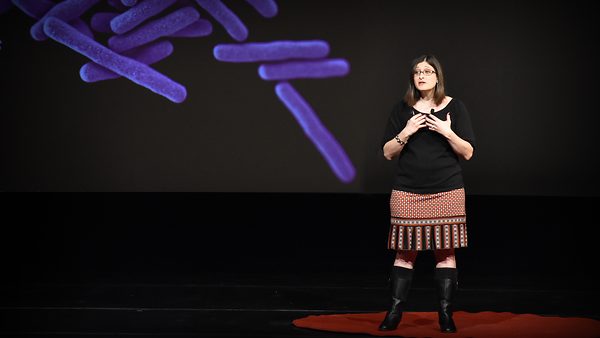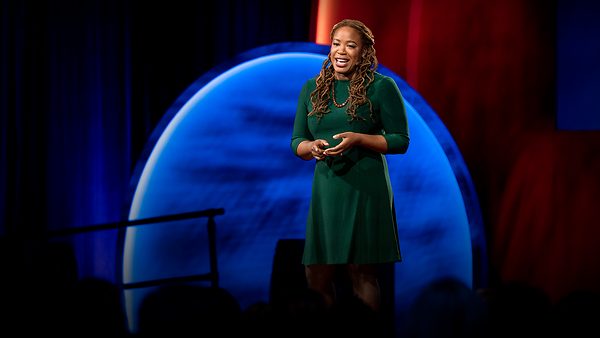Reading Prof. Anne Harrington's "The Cure Within", I admire her sensitivity and accurate accounting of a twisting, multi-faceted history in a way that seems to stay on a path that would be ok with the original people. I knew that she had written another book more recently and I wanted to get more familiar with it. It is "Mind Fixers". I have seen that the New Yorker magazine has something rather recent about the Mind Fixers and I looked it up. There is an article by Dr. Jerome Groopman, a professor at the Harvard Medical School, called "The Troubled History of Psychiatry".
In today's world of more thinking, more questioning, more education, more communication, it is easy to feel overwhelmed by all the sources, opinions, interesting angles, works of art including drama and poetry that might pertain to any interest. If the interest is the human mind, the possibly relevant documents approach an infinity. That is not even accounting for business and commercial interests. Many forces are currently pushing entrepreneurship and commercial invention. Why just learn something new when you can invent a wonderful new product that solves a basic problem or opens a new possibility and get rich while doing so?
Prof. Harrington wrote of "fronts", as in a battle or meteorology. The image of a new front when the enemy army somehow advances behind one's warriors, or descends from the sky onto one's soldiers is a handy one for developing a mental grasp of a complicated, multi-dimensional picture of any history or complex effort. It can be a comfort and an inspiration to develop a map or chart that shows all the arms of a big push.











